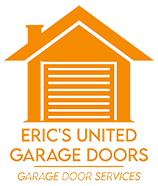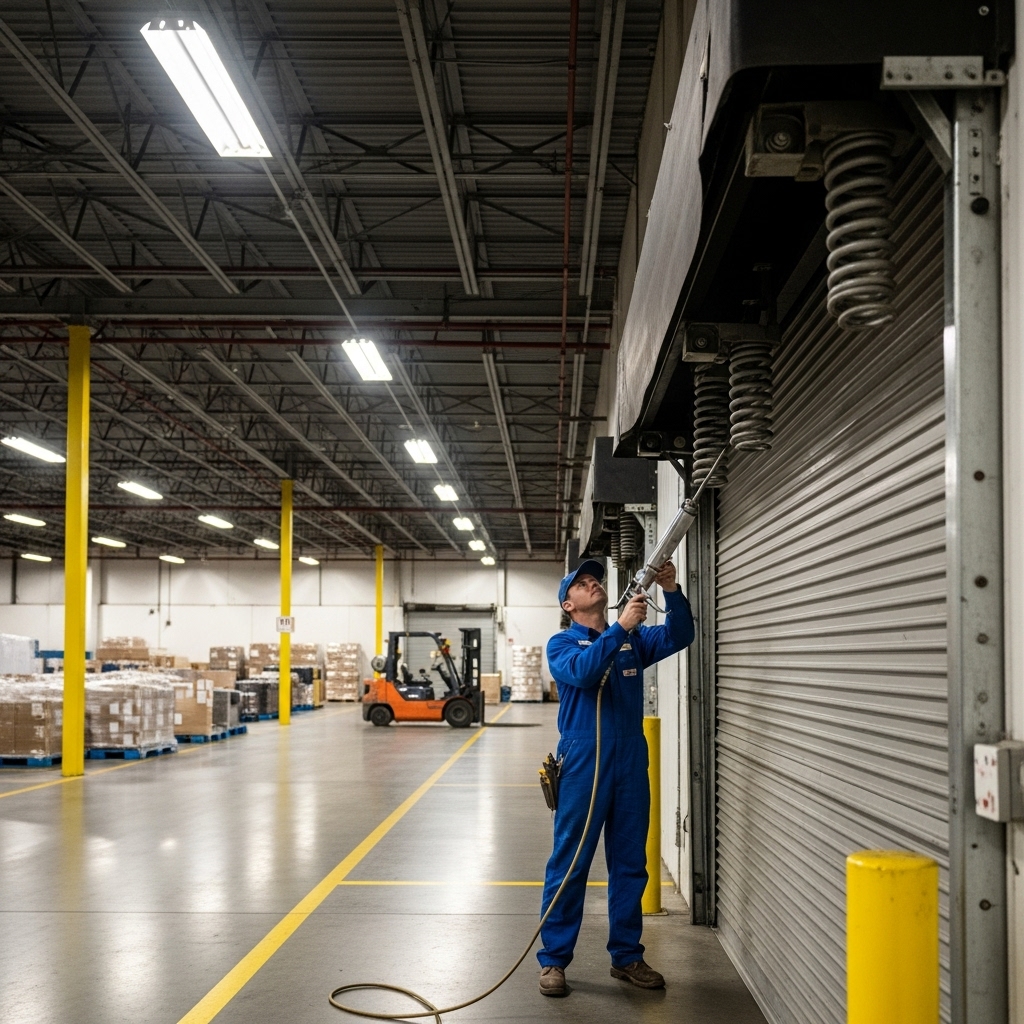Commercial Garage Door Reliability in Your City, Florida
For businesses in Your City, Florida, a dependable commercial garage door is essential for safety, efficiency, and customer service. When a high-cycle door fails, operations slow down and safety risks rise. That is why professional support—planned maintenance and rapid repair—matters so much. If your facility needs immediate attention, schedule expert garage door repair to minimize downtime and protect your team.
Commercial doors work hard. Warehouses, fleets, and loading docks can cycle doors dozens or hundreds of times per day. This heavy use requires robust components, precise alignment, and consistent safety verification. A strong maintenance program reduces emergency calls, keeps doors operating smoothly, and protects personnel.
Unique Needs of Commercial Doors
Commercial systems differ from residential doors in several important ways:
- Higher cycle demands mean springs, rollers, and bearings must be rated for intensive use.
- Larger and heavier doors require specialized hardware and frequent balance checks.
- Multiple access points—keypads, remotes, vehicle sensors—need coordinated setup and testing.
- Fire-rated and insulated doors have additional compliance steps and inspection requirements.
- Business continuity depends on reliable operation and quick response to failures.
Risks of Deferred Maintenance
Skipping routine service can lead to sudden, costly downtime. Worn rollers and unbalanced springs create excess strain on openers and tracks. Cables can fray, and a small misalignment can snowball into a door off-track. A proactive approach catches wear early, reduces safety incidents, and extends component life.
What a Commercial Maintenance Visit Includes
An effective maintenance program is systematic and documented. Typical service includes:
- Visual inspection of panels, tracks, brackets, and mounting points.
- Hardware tightening and replacement of worn or missing fasteners.
- Lubrication of hinges, rollers, bearings, and springs with appropriate products.
- Balance and travel tests to verify safe operation and opener compatibility.
- Safety system checks—photo-eyes, edge sensors, and force settings.
- Cycle count review and recommendations for high-cycle parts when needed.
Common Commercial Repair Calls
Businesses often request help for these issues:
- Springs at end-of-life causing slow or failed lifting.
- Damaged panels from forklift or vehicle contact.
- Opener failures after power events or heavy loads.
- Tracks bent or misaligned from impact or vibration.
- Sensor faults preventing closure or causing random reversals.
Each call should end with a full system check to ensure the repair integrates safely with existing components.
Safety First for Teams and Customers
Safety is paramount in commercial environments. Proper signage, clear floor markings, and employee training around door operation reduce incidents. Regular testing of reversal mechanisms and edge sensors protects people and equipment. After any repair, verification of safety systems is non-negotiable.
Documentation and Compliance
Many facilities require documented service histories for insurance or regulatory purposes. Detailed records of inspections, adjustments, and replacements support compliance and help plan component upgrades before failures occur. This documentation also aids in standardizing service across multiple bays or locations.
Mid-Cycle Upgrades That Improve Reliability
As your operation evolves, so should your door systems. Consider:
- High-cycle spring conversions for doors with frequent use.
- Heavy-duty rollers and bearings to handle higher loads.
- Surge protection and robust controls to withstand power fluctuations.
- Improved weather seals to maintain indoor conditions and protect inventory.
- Smart access solutions for audit trails and efficient entry management.
If unexpected issues arise between maintenance visits, call for prompt commercial garage door repair to keep operations on track and reduce the risk of further damage.
Training Your Staff
Empower your team with simple guidelines:
- Report new noises or slow operation immediately.
- Keep pathways clear of pallets and equipment near door tracks.
- Never attempt spring or cable repairs in-house.
- Check that safety sensors are aligned and clean.
- Use manual release only with trained personnel and proper precautions.
Environmental Factors in Florida
Humidity and salt air can speed up corrosion, especially near the coast. Choose hardware and finishes that resist rust, and consider protective measures for electronics. After storms, a quick inspection for bent tracks, loosened fasteners, and water intrusion helps prevent surprise failures.
Frequently Asked Questions
Q: How often should commercial doors be serviced? A: Service frequency depends on cycle count and environment; high-use doors benefit from more frequent inspections and lubrication.
Q: Can we standardize parts across multiple bays? A: Yes. Standardization simplifies stocking, speeds repairs, and ensures consistent performance.
Q: What if a door is stuck open during business hours? A: Secure the area, prevent vehicle traffic through the opening, and request immediate service to stabilize and repair the door.
Q: Do you handle fire-rated doors? A: Trained technicians can inspect and repair fire-rated doors and verify that safety and compliance features function correctly.
Q: Are after-hours repairs available? A: Yes. Many commercial operations need service outside standard hours to minimize disruption.
Q: Can you help reduce noise and vibration? A: Upgraded rollers, proper lubrication, and alignment checks significantly reduce noise and wear.
Keep Your Operation Moving
A reliable door keeps your people productive and your inventory protected. For tailored maintenance and rapid fixes that prioritize safety and uptime, schedule professional garage door repair in Your City, Florida, and keep your business running smoothly.

